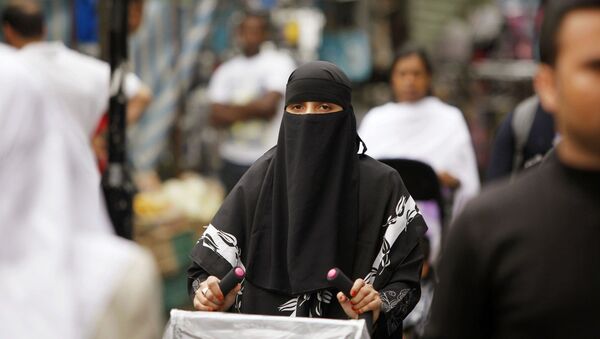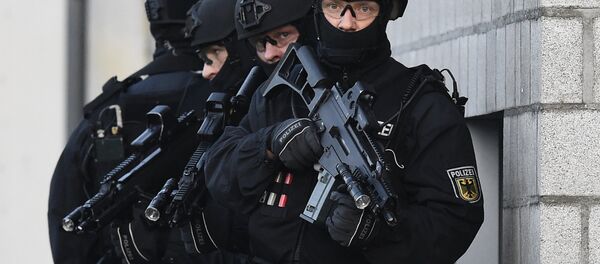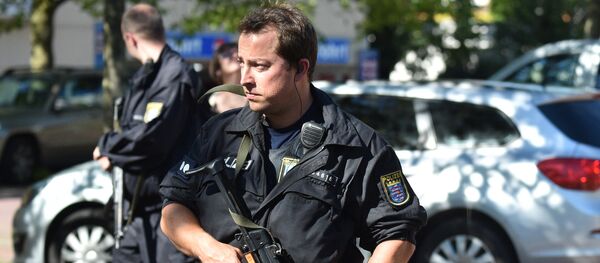According to earlier reports, German Interior Minister Thomas de Maiziere has proposed sweeping security measures in response to recent attacks in Ansbach and Wurzburg, and a shooting spree in Munich in July.
These measures include the creation of a 400-member counter-cybercrime department, a faster deportation mechanism for refugees who lie about their identity or who pose a security threat, and legislation that will enable access to medical records of those who are suspected of posing a security threat. These measures also include increasing the size of the police force with 4,600 new recruits, according to earlier reports.
According to International Business Times (IBT), the measures proposed by de Maiziere are backed by state interior ministers from the Christian Democratic Union (CDU) and their parliamentary allies, Chancellor Angela Merkel's Christian Social Union (CSU) party.
IBT reports that police numbers in Germany will be increased significantly, by some 15,000 armed police officers (not counting other new jobs in law enforcement), by 2020. Public transport surveillance will also be expanded.
The measure includes a nationwide ban on traditional Islamic veils, including burqas and niqabs worn by some Muslim women. This measure was implemented in France in 2010, and caused criticism from some human rights groups as infringing on religious freedom.
Changes in the deportation mechanism will include deportation of foreign-born, non-citizen, religious figures who regularly exhort to incite violence. Dual citizenship for people found to fight for terror organizations will be canceled as well.
A finalization of the measures will occur August 18, during a meeting of ministers and regional party chiefs. The package will then require the approval of Germany's lower house of parliament, the Bundesrat.




